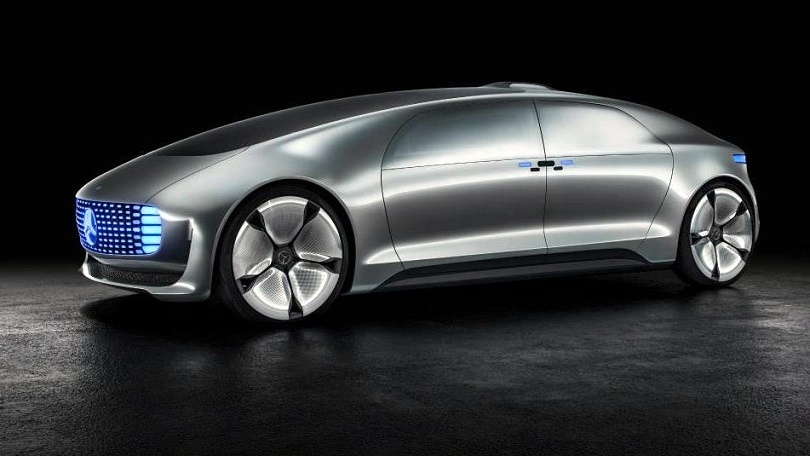In spite of the industry’s increased downturn around the world, the rise of electric mobility is forging ahead at a breakneck speed.
The transition to electric mobility is taking place at a rapid pace.
Transportation is being revolutionized by new forms of electric transportation including e-scooters, electric vehicles, electric boats, e-bikes, and even electric taxis that can fly.
The automotive sector is experiencing something completely new right now, which has never happened before.
Globally, electric mobility has grown quickly, and this trend is anticipated to continue over the next few years.
To meet the requirements of the new mandates and pollution rules, the auto industry has shifted its focus considerably to new energy vehicles, such as battery electric automobiles.
In an effort to reduce their carbon footprints, several nations are taking decarbonization measures.
The transportation industry is able to meet its sustainability objectives by expanding the use of electric vehicles, which can be driven while producing zero emissions.
According to the International Energy Agency, there will be more than 56 million electric vehicles on the road by the year 2030.
It is projected that by 2035, sales of electric vehicles will have surpassed those of fuel vehicles.
In addition to helping reduce greenhouse emissions, increasing the use of electric vehicles can also help maximize the utilization of the energy generated from renewable sources.
When it comes to the future of transportation, electrification will play a pivotal role in opening up vast possibilities across the board.
An enormous shift in the size of the global automotive market is expected as a result of the electrification of the automobile industry, which will cause global disruption throughout the value chain.
Read more on Crenov8:
Future technological innovations that will significantly transform the world in the near future






